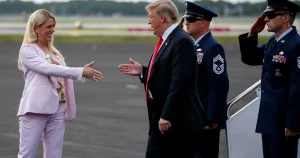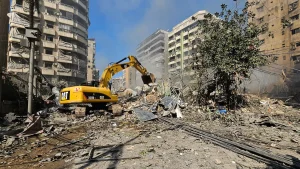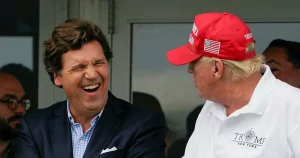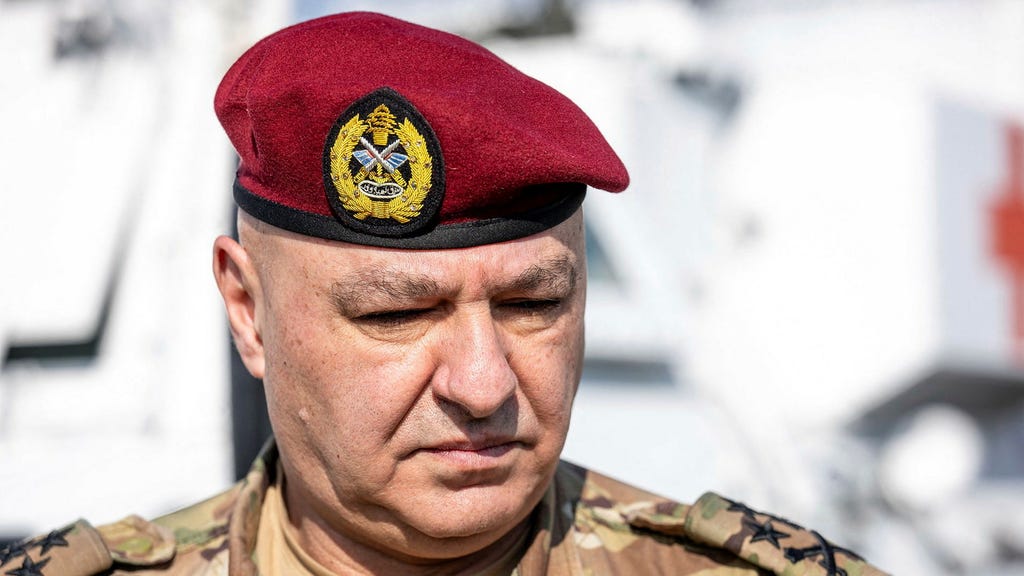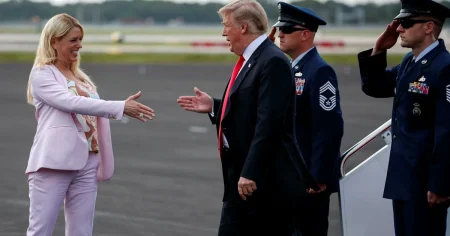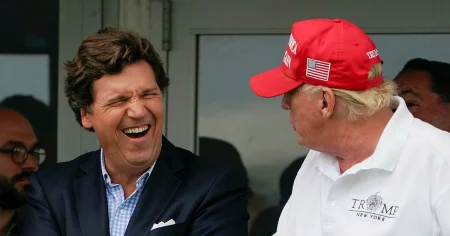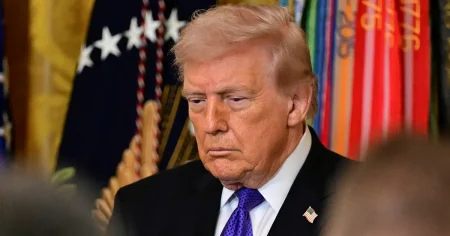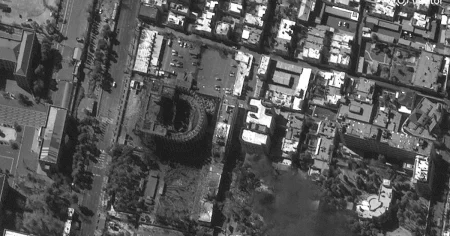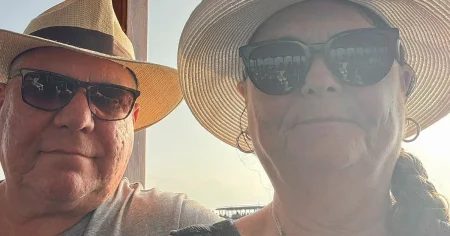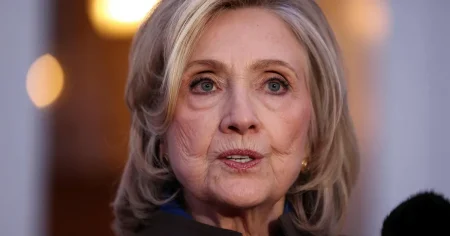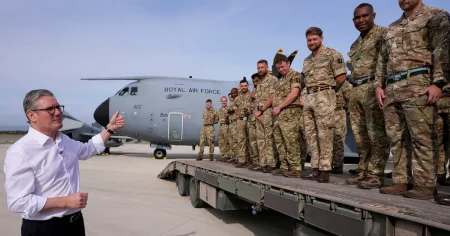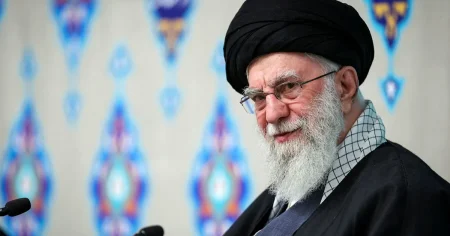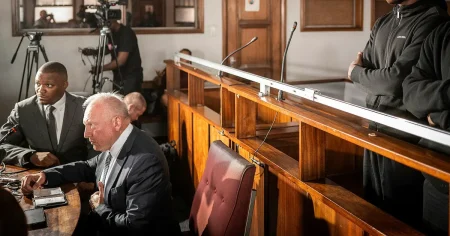The Lebanese parliament elected General Joseph Aoun as president, ending a two-and-a-half-year political vacuum. The election, however, was not without drama. After an initial round of voting failed to reach the required two-thirds majority, backroom negotiations, involving influential groups like Hezbollah, paved the way for a second vote. In this decisive round, Aoun secured 99 votes, surpassing the necessary threshold for victory. This election marks a significant development for Lebanon, which has been grappling with a debilitating economic crisis and a protracted political stalemate. Aoun’s presidency carries substantial weight, as the president plays a crucial role in approving government formations, a power that has been effectively frozen during the extended period without a head of state.
The protracted presidential vacancy, lasting over two years, stemmed from the inability of Lebanese political factions to reach a consensus on a suitable candidate. Michel Aoun’s term expired in October 2022, and despite over ten attempts to elect a successor, parliament remained deadlocked. This political paralysis exacerbated the country’s already precarious situation, further hindering its ability to address the pressing economic and social challenges plaguing the nation. The election of Joseph Aoun, though a complex and arduous process, represents a crucial step towards restoring political stability and potentially unlocking the ability to implement much-needed reforms.
General Joseph Aoun, a 60-year-old military figure, brings a unique background and perspective to the presidency. He has maintained close ties with France throughout his career and is reportedly viewed favorably by the United States. Both countries dispatched envoys to Lebanon in the lead-up to the election, highlighting the international community’s keen interest in the outcome. Aoun’s perceived alignment with Western powers could have significant implications for Lebanon’s foreign policy and its relationships with regional players. His experience as army chief, particularly his role in maintaining the stability of the military during the economic crisis, is seen as a crucial asset in navigating the country’s current challenges.
Aoun’s early pronouncements as president have already generated significant interest and debate. His pledge to nationalize weapons, eliciting applause from much of the parliament, signaled a potential shift in the country’s complex relationship with armed groups, particularly Hezbollah. The muted response from Hezbollah-affiliated parliamentarians, however, underscored the potential difficulties in implementing such a policy. The presence of numerous armed groups in Lebanon, a legacy of past conflicts and political fragmentation, poses a serious challenge to state authority and national security. Aoun’s commitment to strengthening the rule of law and addressing corruption, issues that have fueled widespread public protests, further signals his intention to tackle some of the most pressing concerns facing Lebanese society.
The context of Aoun’s election is inextricably linked to Lebanon’s multifaceted crises. The country has been reeling from one of the worst economic downturns in modern history since 2019. The economic collapse has led to hyperinflation, rendering the salaries of public servants, including soldiers, virtually worthless. Aoun’s ability to maintain the cohesion and functionality of the military during this period is a testament to his leadership and underscores the importance of the armed forces in maintaining stability. Furthermore, the 2006 war between Israel and Hezbollah, which cost the already struggling nation over eight billion dollars, highlighted the devastating impact of conflict on Lebanon’s fragile economy and infrastructure. The subsequent ceasefire agreement and the call for disarmament of armed groups represent a crucial step towards preventing future conflicts and stabilizing the country.
Lebanon’s political system, based on a delicate balance of power-sharing among different religious communities, adds another layer of complexity to Aoun’s presidency. The president is constitutionally mandated to be a Maronite Christian, the prime minister a Sunni Muslim, and the speaker of parliament a Shia Muslim. This confessional system, while intended to ensure representation for all communities, has often led to political gridlock and paralysis. The extended period without a president, resulting from the inability of political factions to agree on a candidate, highlights the inherent challenges of this system. Aoun’s election offers a glimmer of hope for breaking the political impasse and allowing the government to address the urgent needs of the Lebanese people. His success will depend on his ability to navigate the complex political landscape, forge consensus among competing factions, and implement meaningful reforms that can address the root causes of Lebanon’s economic and social woes.


